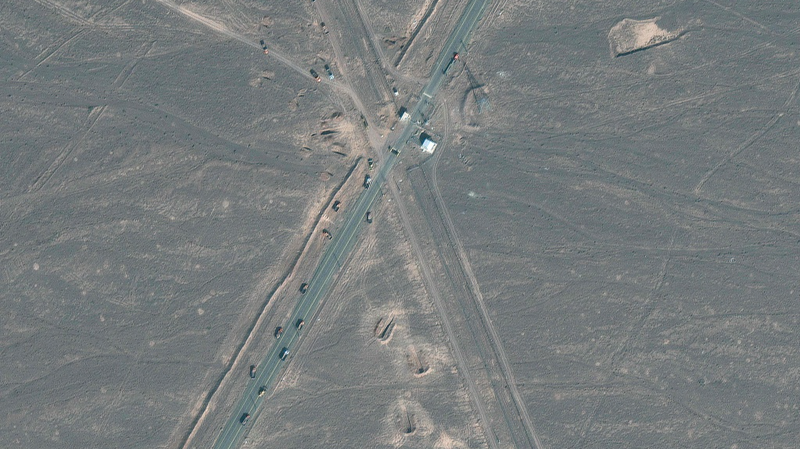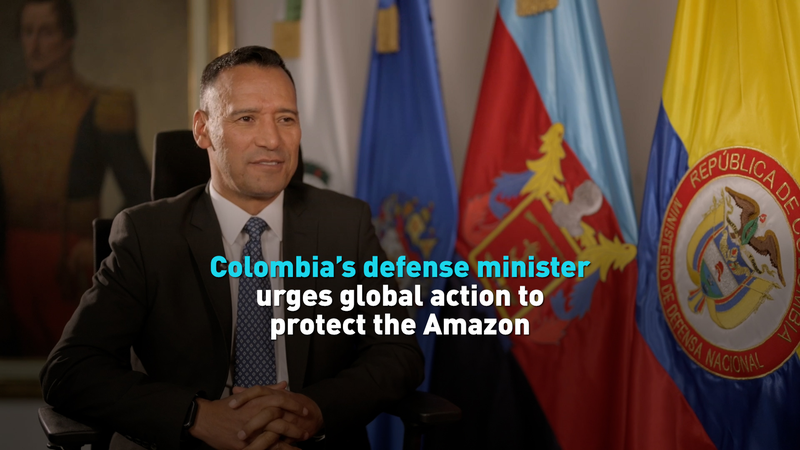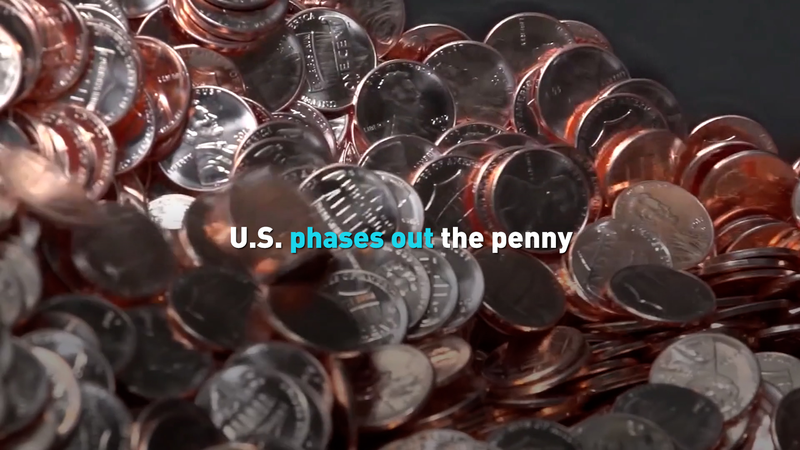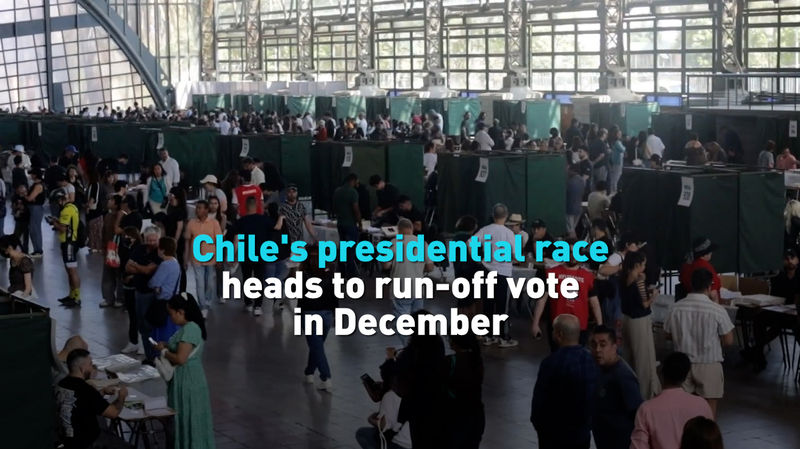In a dramatic escalation in the Middle East, the United States launched precision airstrikes on three Iranian nuclear facilities on Saturday. Using B-2 bombers, the strikes targeted deeply buried sites like Fordow—facilities once beyond the reach of allied operations. This bold move marks a shift from previous roles of indirect support, stirring debates on both strategy and global security.
In an engaging Q&A session with CGTN, Wang Jin, director of the Center of Strategic Studies at Northwest University in Xi'an, broke down the operation. He explained that the timing was critical: Israel's recent continued airstrikes had degraded Iran's air defense, paving the way for long-range U.S. missions with less risk. Domestically, mounting pressure from pro-war factions and key allies, notably Israel, urged Washington to take direct action against entrenched targets like Fordow.
Wang Jin noted that while the physical strikes cannot completely end Iran's nuclear ambitions, they are likely to cause significant disruption across its complex network—including materials, expertise, and logistics. In other words, it’s a high-stakes game of chess—one calculated move meant to delay progress rather than deliver a knockout blow. 😲
The expert also raised concerns over international norms. By justifying actions under the banner of "self-defense," both the U.S. and Iran risk undermining the global rules-based order. If powerful actors can unilaterally redefine threats, the foundations of sovereign equality and diplomatic dialogue begin to crumble.
Adding another twist, warnings from a Houthi spokesperson about targeting U.S. ships in the Red Sea suggest that the conflict could broaden into a multi-front challenge. With U.S. military bases in several Arab states potentially in the crosshairs and proxy forces stepping in, some fear the Middle East could soon resemble a blockbuster movie—intense and unpredictable. 🎬
Despite the tensions, there remains a glimmer of hope for diplomacy. Wang Jin mentioned that neutral Middle Eastern states, such as Oman, along with European players, might play a crucial role in mediating a dialogue. The international community is urged to open communication channels now to ease the strain before the situation escalates further.
As the region braces for potential fallout, expert insights remind us that every bold move has ripple effects—shaping not only military strategy but also the future of global diplomatic engagement.
Reference(s):
Q&A: Expert insight on U.S. strikes on Iran nuclear sites and fallout
cgtn.com




